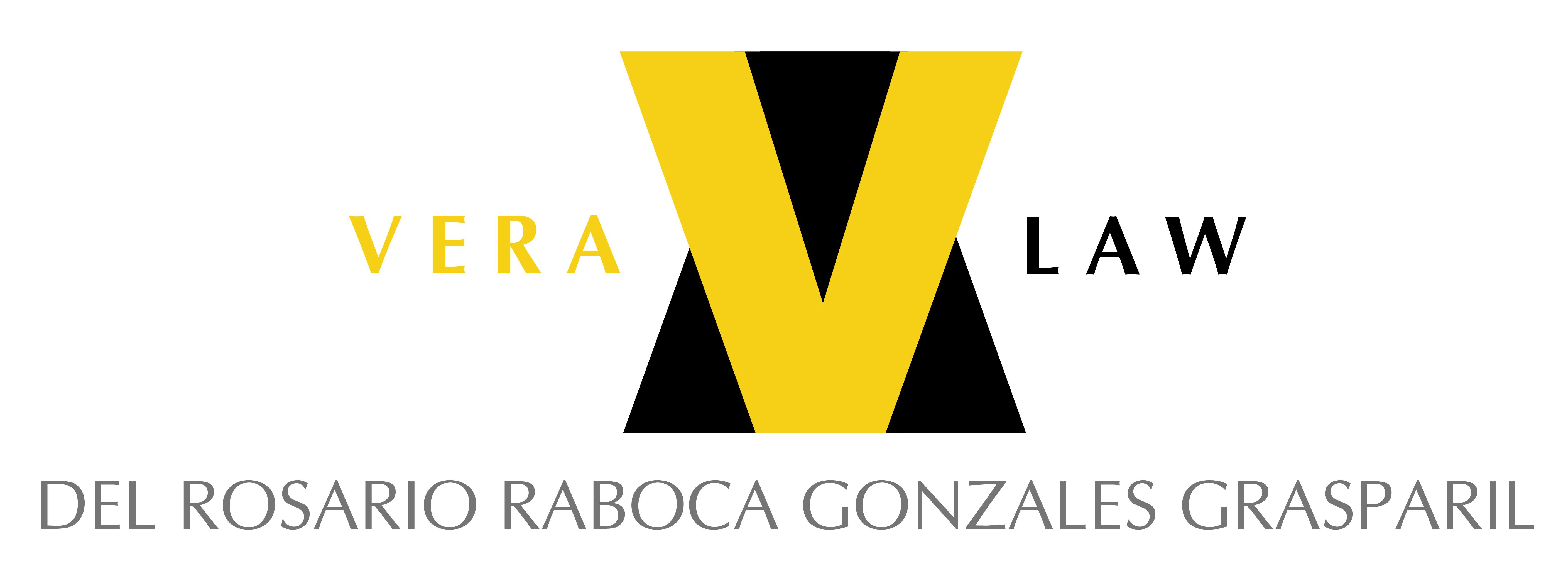On February 28, 2013, President Aquino signed Republic Act No. 10372, which amended the provisions relating to copyright in the Intellectual Property Code of the Philippines.
1. CREATION OF THE BUREAU OF COPYRIGHT
Republic Act 10372 created the Bureau of Copyright and Other Related Rights (BCRR). The BCRR is in charge of copyright matters. In particular, it has “original jurisdiction to resolve disputes relating to the terms of a license involving the author’s right to public performance or other communication of his work; to accept, review, and decide applications for accreditation of collective management organizations or similar entities; conduct studies and researches in the field of copyright and related rights; and provide other copyright and other related rights services and charge reasonable fees therefor.”
To carry out the objectives of Republic Act 10372, the Intellectual Property Office promulgated Office Order No. 13-171, known as the “Rules on Copyright Registration and Deposit”. The Rules set out the requirements for the application for a certificate of copyright registration, the schedule of fees, the manner of deposit of the work, the procedure for registration, as well as the post-registration process.
2. DESIGNATION OF SOCIETIES
The amendment on the law on copyright made more stringent the designation of societies by requiring applicants to first secure the necessary accreditation from the Intellectual Property Office before allowing these societies to enforce the rights of their members.
3. IMPORTATION AND EXPORTATION OF INFRINGING MATERIALS
The New Copyright law deleted Section 190 of the Intellectual Property Code which allowed, under certain conditions, importation of a copy of a work by an individual for his personal purposes even without the author’s authorization.
The new law retained the provision of the power of the Commissioner of Customs to prescribe rules and regulations concerning the importation and exportation of infringing materials, subject to the approval of the Secretary of Finance.
4. MORAL RIGHTS OF AN AUTHOR
The new law also amended the term of the moral rights of an author. Previously, the author’s moral rights over his work shall last during his lifetime and 50 years after his death. The new law made a distinction depending on the moral rights involved.
Under Section 198.1, the right of an author to require that authorship of his work be attributed to him shall last during his lifetime and in perpetuity after his death. The moral rights defined under the Intellectual Property Code, i.e. Section 193.2 (alterations of the author’s work), 193.3 (objection to any distortion, mutilation, or other modification of or other derogatory action in relation to the author’s work which would be prejudicial to his honor or reputation) and 193.4 (to restrain the use of the author’s name) are coterminous with the author’s economic rights.
5. INFRINGEMENT
Under Section 216 of the new law, a person is liable for copyright infringement when he:
(a) Directly commits an infringement;
(b) Benefits from the infringing activity of another person who commits an infringement if the person benefiting has been given notice of the infringing activity and has the right and ability to control the activities of the other person;
(c) With knowledge of infringing activity, induces, causes or materially contributes to the infringing conduct of another.
6. PENALTY AGAINST INFRINGEMENT
Sec. 216.1- In order to protect the rights of the owner of a copyright, the new law provided for an increased penalty against infringement. The amount of damages that may be awarded to an offended party shall be doubled against any person who:
(i) Circumvents effective technological measures; or
(ii) Having reasonable grounds to know that it will induce, enable, facilitate or conceal the infringement, remove or alter any electronic rights management information from a copy of a work, sound recording, or fixation of a performance, or distribute, import for distribution, broadcast, or communicate to the public works or copies of works without authority, knowing that electronic rights management information has been removed or altered without authority.
The copyright owner has the option to recover statutory damages instead of actual damages and profits before the rendition of a final judgment. The recoverable statutory damages shall include the filing fee of the infringmenet aciton but in no case less than Php50,000.00. The stautory damages may be doubled against any person who commits copyright infringment in like manner stated above in (i) and (ii).
7. ADOPTION OF IP POLICIES BY SCHOOLS AND UNIVERSITIES
Sec. 230- The new Copyright law specifically provided for the Adoption of Intellectual Property (IP) Policies by schools and universities to safeguard the intellectual creations of the learning institution and its employees, and adopting locally-established industry practice fair use guidelines. These policies may be developed in relation to licensing agreements entered into by the learning institution with a collective licensing organization.
1Republic Act 10372 (An act amending certain provisions of Republic Act No. 8293, otherwise known as the “Intellectual Property Code of the Philippines”, and for other purposes)

